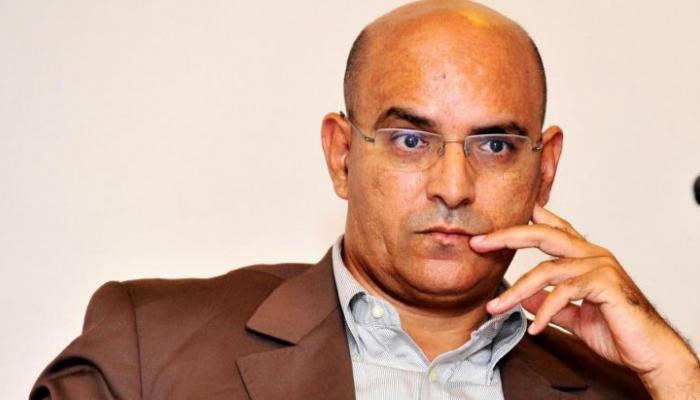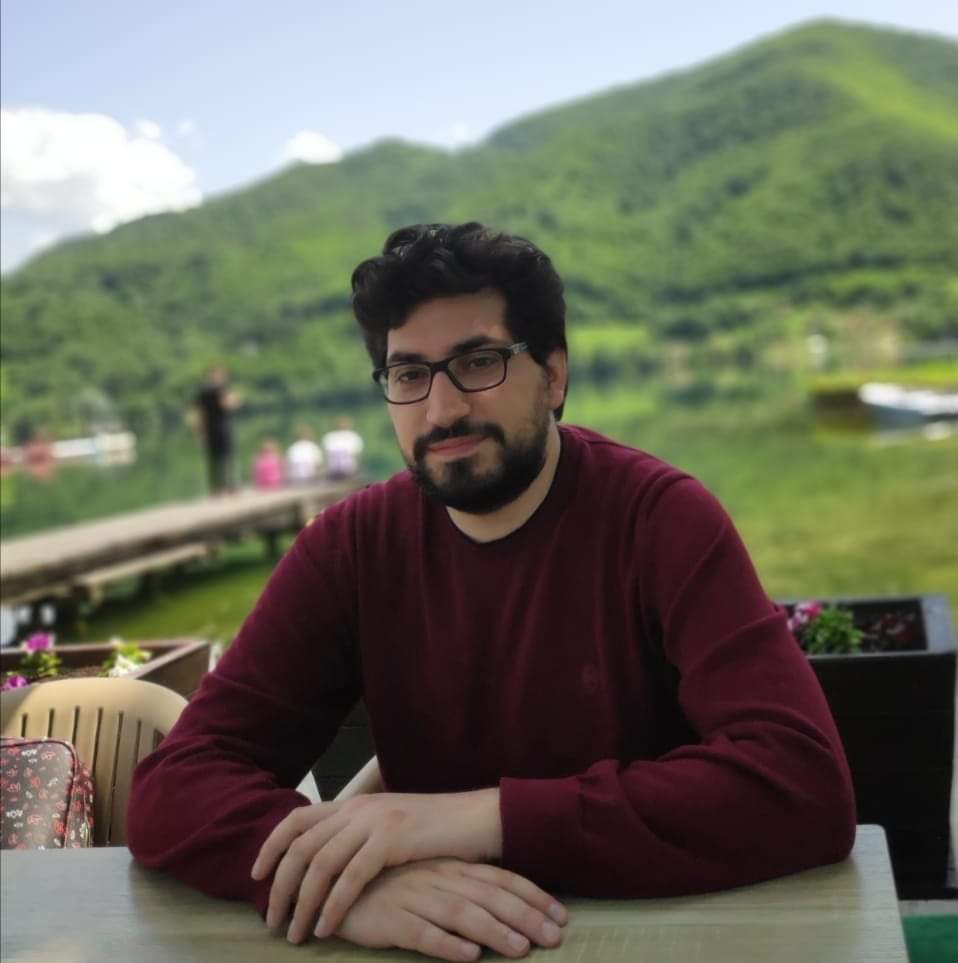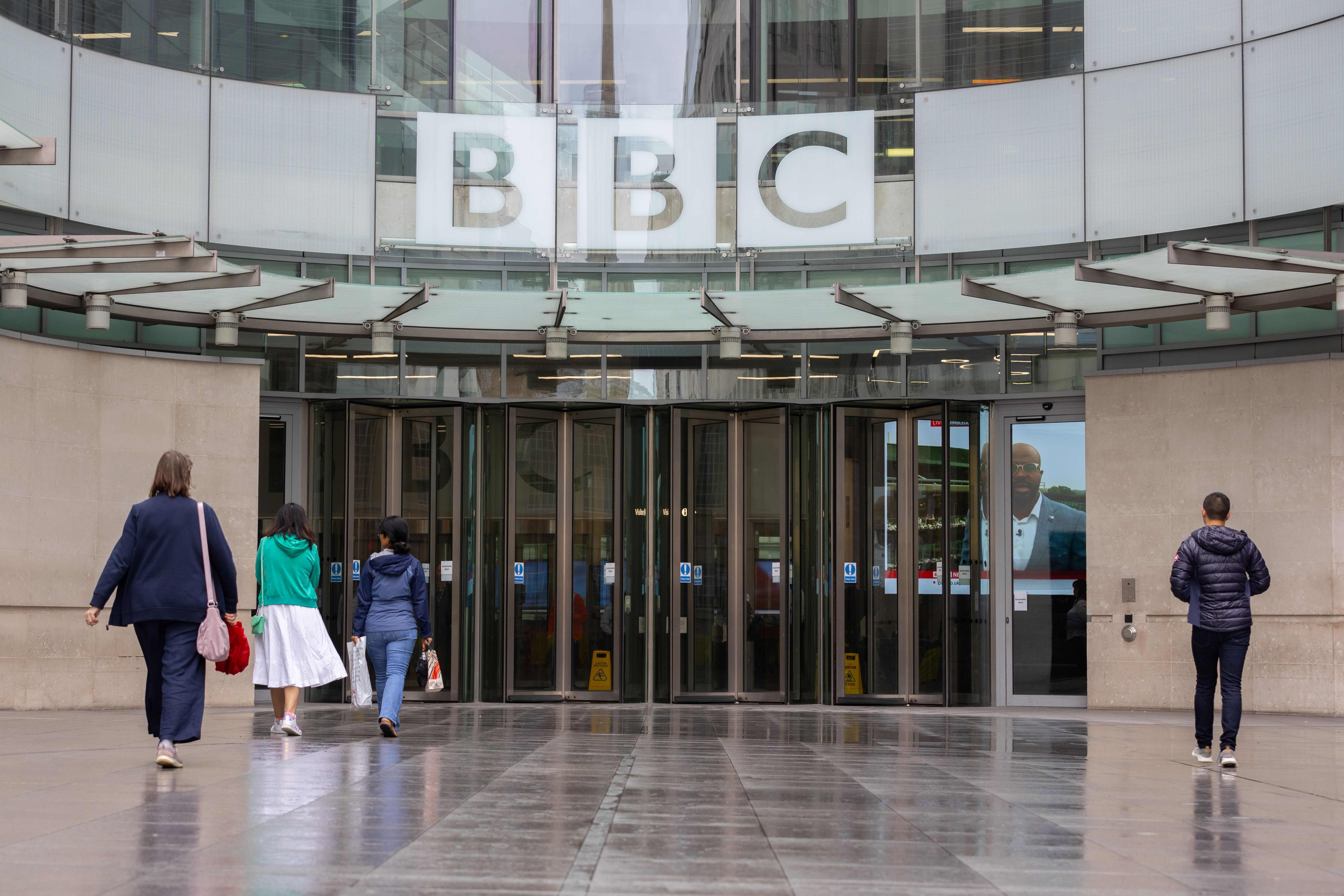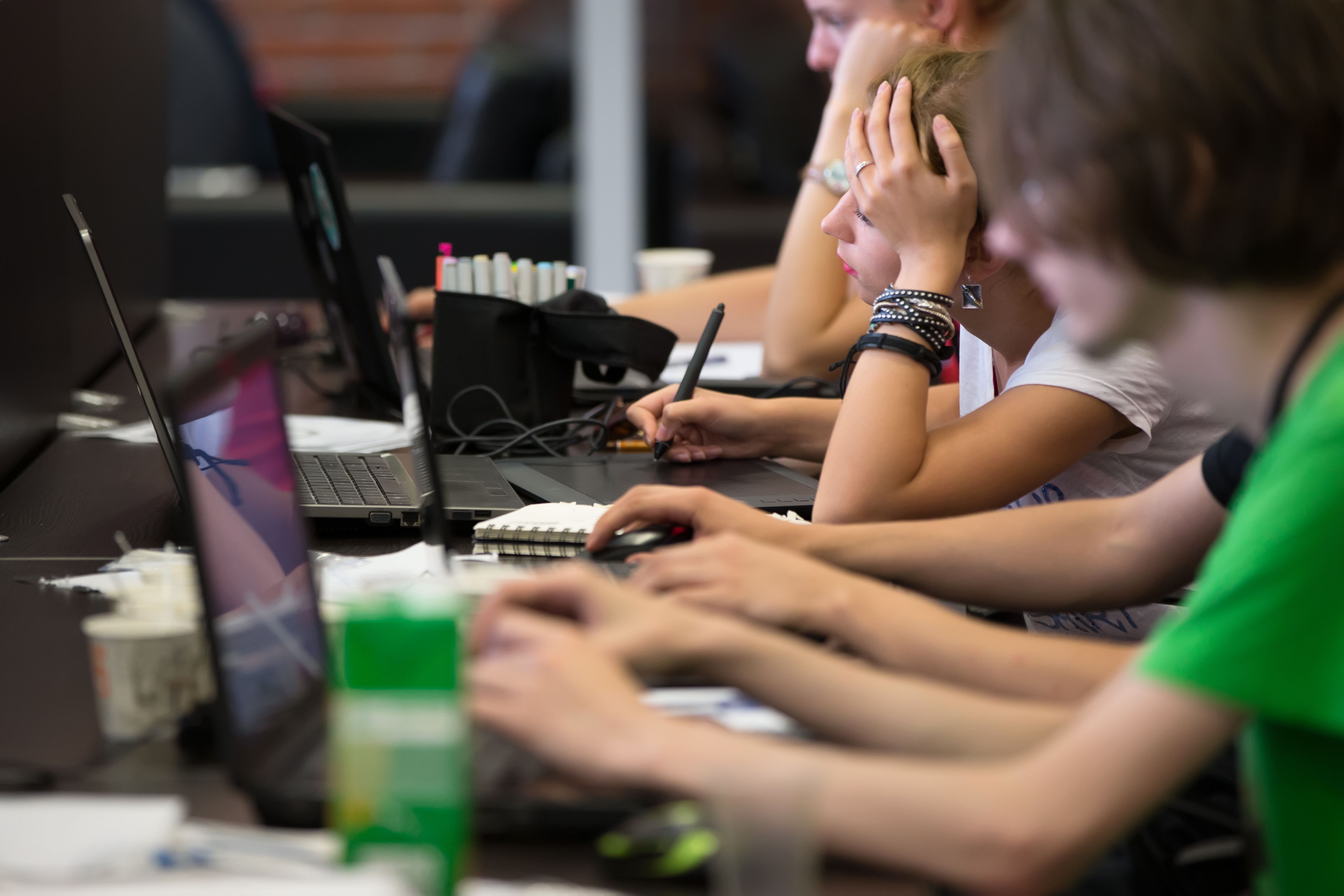Since the fall of the Berlin Wall, the value of journalism has lain in its ability to mold public opinion in line with new ideological trends, which in the past have called for democracy, human rights and a market-based system. Influential media hubs in the West, particularly in the United States, have followed in the footsteps of the “Voice of America” radio network and the means by which it was able to undermine the Soviet Union—an adversary with a once gigantic military arsenal and an influential ideology.
The Arab world in particular became the focus of major attention after the fall of the Berlin Wall in order to create a new imaginary. Some of the key entryways for external influence at the time were journalism, women’s rights and the status of ethnic and religious minorities. Research centres were also interested in civil society and its nascent forces, deeming traditional institutions – be it political parties or labour unions – calcified and unable to keep up with the new trends, in addition to being unable to form the foundations of the new socio-political ecosystem.
There is no doubt that at the time, the Arab World was in need of a good shake up due to its inert political institutions, the dominance of one-party regimes and a political culture that rejected differences, be it political or cultural—all of which contributed to a need for free and bold dialogue.
Hence, journalism which was labelled as independent, broke free from the common moulds of state or party domination and reversed many taboos. Some examples of these media platforms were the Moroccan “Le Journal,” Algeria’s French publication “Al Watan,” the Arabic publications of “Al Saheefah” (Morocco), “Al Shorouq” (Algeria).
Thus, “free press” became a parallel power, begging the question: To what extent was this media independent?
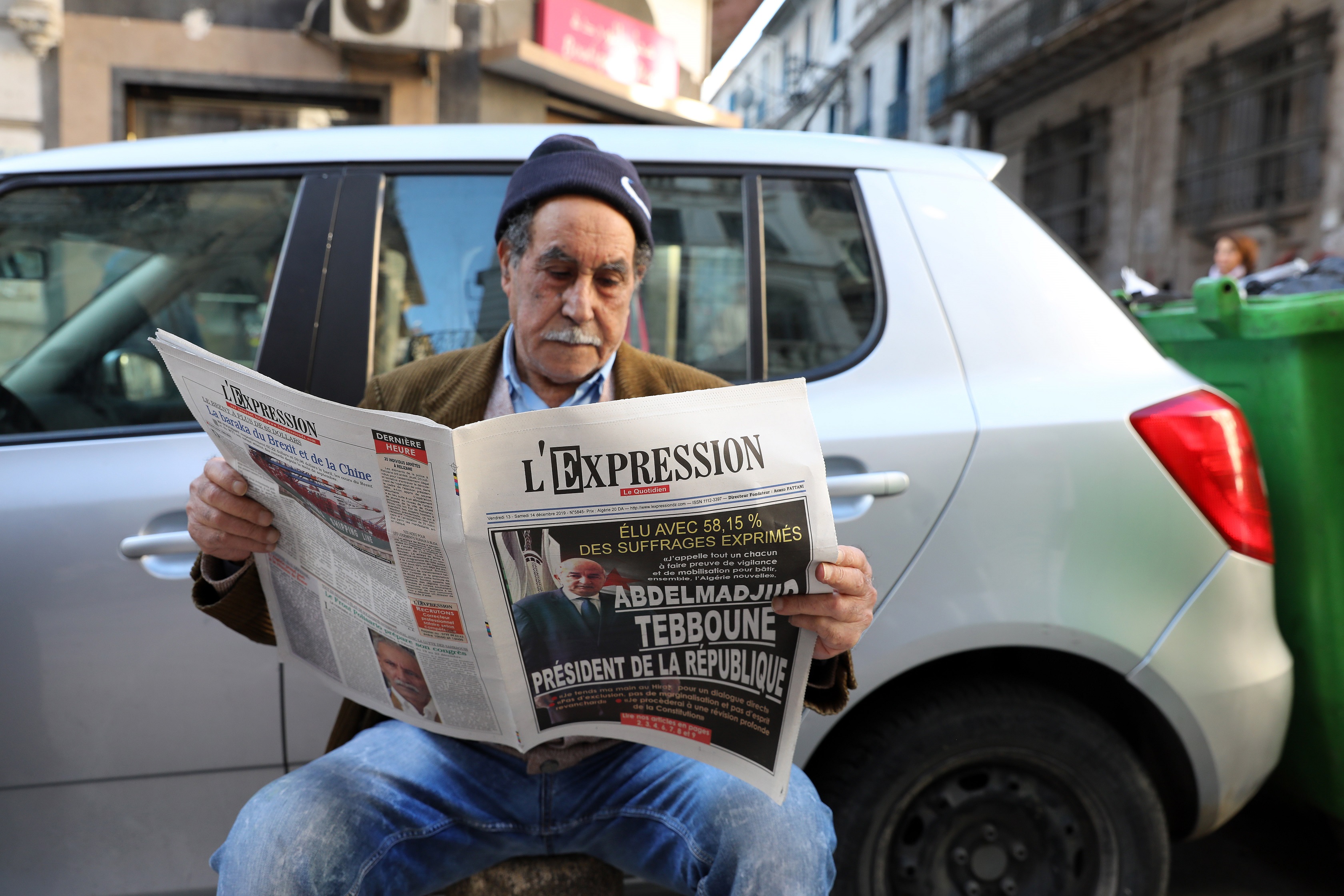
Without citing specific cases, it was evident that this “free press” was not free of foreign agendas. The actual godfathers of the “media revolution” hid behind noble values, betting on a new generation unencumbered by the remnants of the Cold War, Arab nationalism and the Arab-Israeli conflict.
The new platforms enjoyed easy access to media, influential figures, and purposeful leaks from powerful bodies. As globalization progressed, these platforms were also granted publicity from international companies. The “free press” became more than a parallel power, and was viewed by authorities as having the potential to undermine state institutions and weaken the fabric of society, as was expressed by a major Algerian official at the Montana Forum in the Autumn of 1999.
In light of this new transformation, state agencies armed themselves with their own alternative media. They did this by regulating the advertising market and creating journalism platforms associated with decision-making centres. They also actively fostered ties with Western journalistic hubs to better the image of regimes and push narratives of “democratic transformations” and investment potentials.
These western platforms also sometimes threatened to expose transgressions or became hostile to the regimes, which were signals to push some regimes into making a public-relations deal or buy the platform’s silence. Such journalism flourished on the banks of the Seine and the Thames, with journalists switching loyalties easily and with seemingly no qualms.
A famous example of this was the fall of Tunisian president Zine El Abidine Ben Ali, which exposed the Carthage Agency’s financing of media platforms, named by the Le Monde daily. Media in Algeria has also recently exposed the endemic corruption in the media market that benefits media platforms and powerful personalities.
Morocco is not an exception to this trend. Its control over the media is exemplified by its control over the advertising market, as it bestows permission to some platforms and denies it to others, as well as its special ties with French platforms who are involved in public relations, rather than credible news and objective analysis.
The second moment that changed the West’s priorities was September 11, 2001, after which the positions of Arab regimes intersected with those of the West against terrorism—resulting in the drafting of a new imaginary. This transformation impacted the view of media, as issues of human right and freedom of expression no longer ranked high on the priorities of the West. Arab and Western regimes became objective allies due to their similar priorities, as well as disregard for violations of human rights and freedom of expression.
To create a new imaginary, the West used the media, the educational system, and religious reforms and programs. For this purpose, the United States created “Al Hurra” TV Channel, “Sawa” radio, and after the Arab Spring, “Aswat Magharbeyah” (Voices of Morocco).
All of these media tools have the common stance of combatting religious extremism and supporting ethnic and religious minorities. Aswat Magharbeyah alone is an interesting exemplification of the new position, as it aims to dismantle extremist discourse, as well as calls for the reading of religious texts and the overturning of social taboos.
Many Arab countries adopted new press laws, the purpose of which was to control the directions of non-compliant media platforms and constrict freedom of expression via penalties consisting of imprisonment at times, and severe fines at others.
It was not easy to provide foreign financial assistance to platforms directly, because it could subject donors to state retaliation. This happened to some research centres, the owners of which were brought to court under charges of espionage and conspiring against state security.
Therefore, support to media platforms took convoluted routes: Through international companies which gave centers advertising and publicity; via direct ties with journalists that gave access to certain information and international media institutions; through training courses and field trips for junior journalists; by entrenching an economic culture via training programmes at the International Monetary Fund or the World Bank with the purpose of localising the “Washington Consensus.”
This does not mean that all platforms are already penetrated. Rather, it means that they are all penetrable, and that there are many possible forms of penetration—some more obvious than others. It is even possible for a platform to be penetrated without the knowledge of its owners.
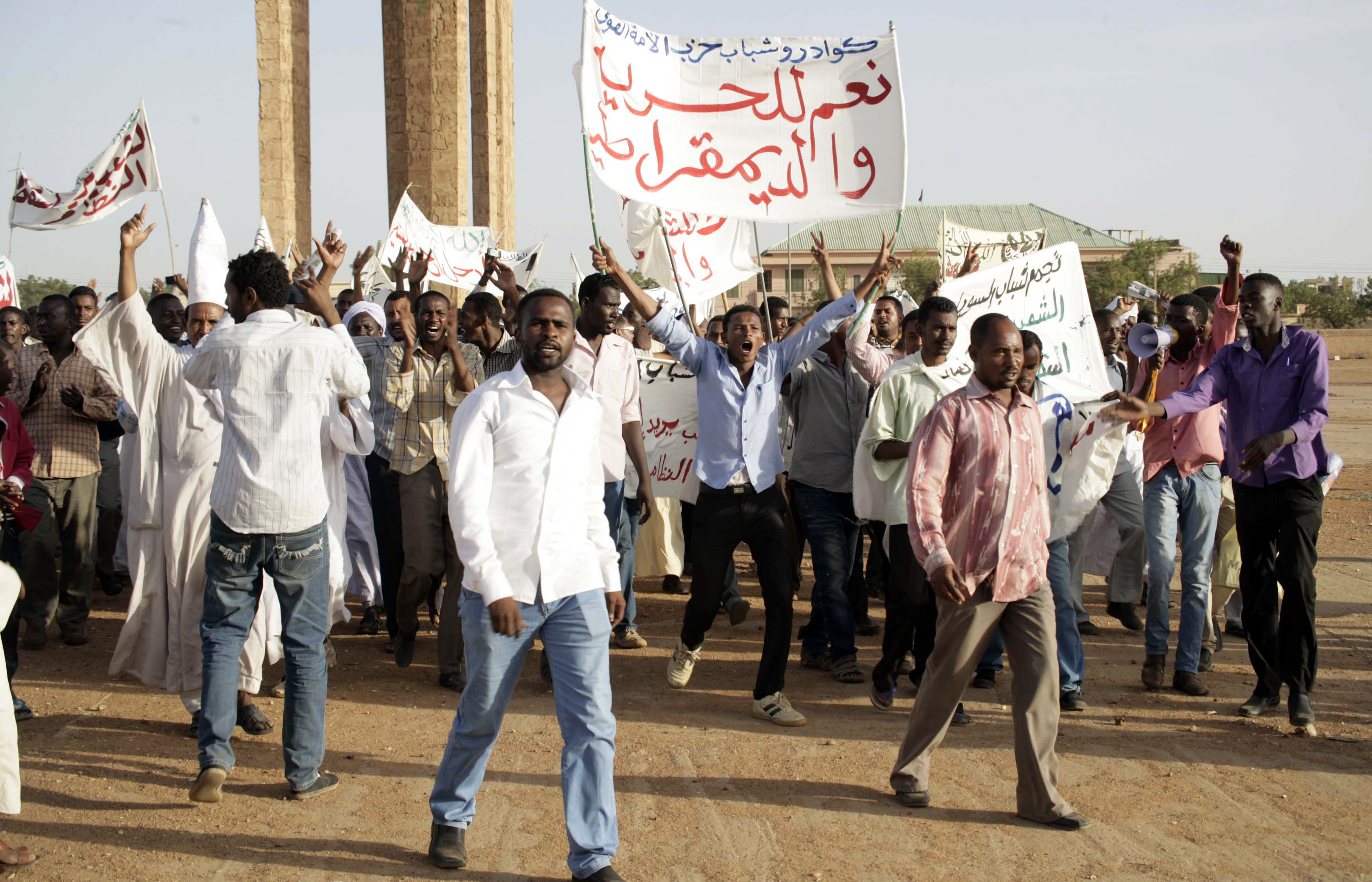
The media became a power broker, and media platforms – similarly to journalists – became susceptible to pressures and temptation. If not temptation, they were subject to various means of external pressure, including control over advertising, prosecution, defamation and hacking, and the fabrication of serious charges, such as consorting with foreign powers, threatening state security and safety, and charges of tax fraud or ethical transgressions.
However, what is remarkable about many platforms in the Arab World is that despite generous financial, state or commercial support, most were not able to survive. This is because the power of the media lies in its credibility, its integrity in defence of just causes and the tendency of journalists to side with the truth, and its adherence to its own conscience.
Independence of the press is no light matter. It is not enough to just rely on the conscience of the journalist or certain media platforms, which is why certain media bodies have been formed to prioritize professional ethical standards and create transparency around sources of financing and in distribution and circulation numbers. Still, above all the most important jury remains the reader.
Despite the major transformation of the industry due to the digital revolution, print journalism continues to play a key role in news, forming public opinion, and creating a new public opinion. Journalism, as worded by Albert Camus, is the noblest of professions when it sides with the truth, but can be awful when it sidesteps to defend certain interests and become a tool in service of those with money.
Yes, independence remains relative, and it must continuously be subject to evaluation and rectification through entities that oversee the ethics of the profession, including sources of financing.

